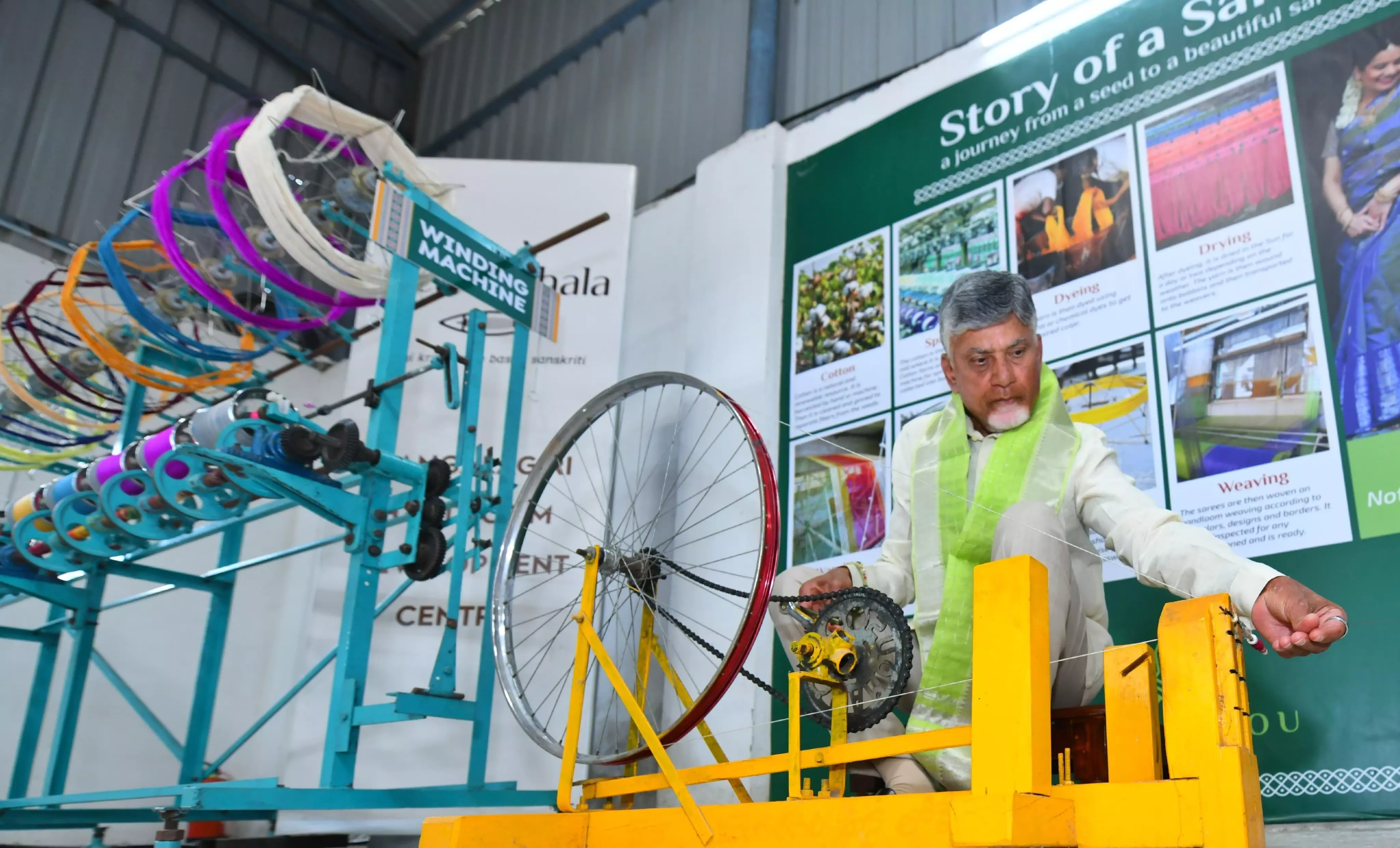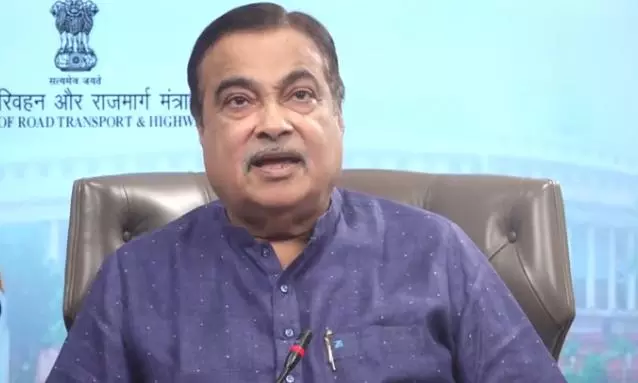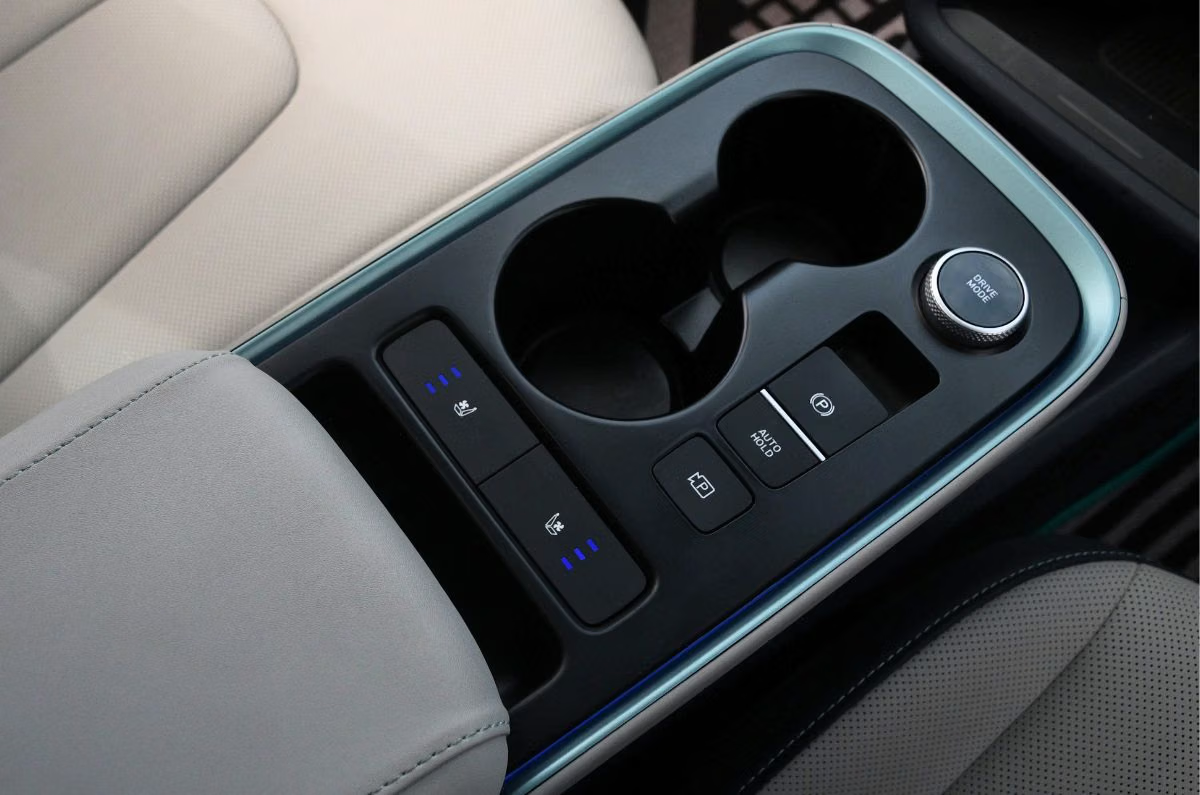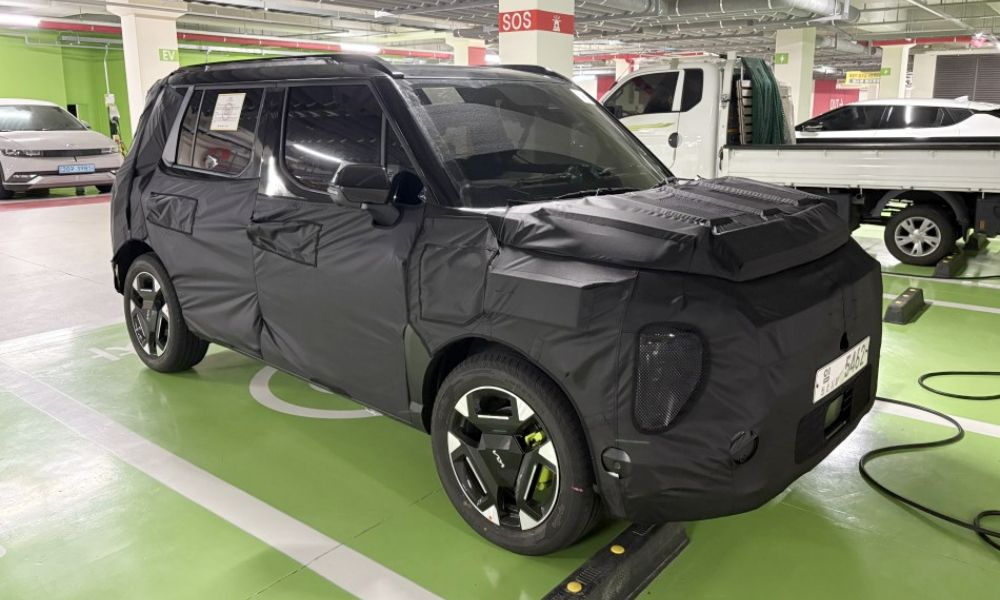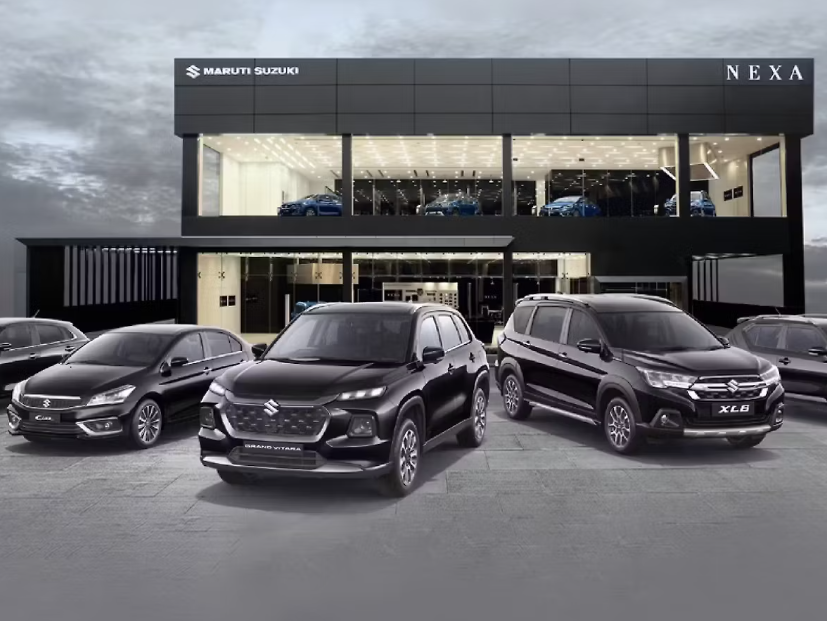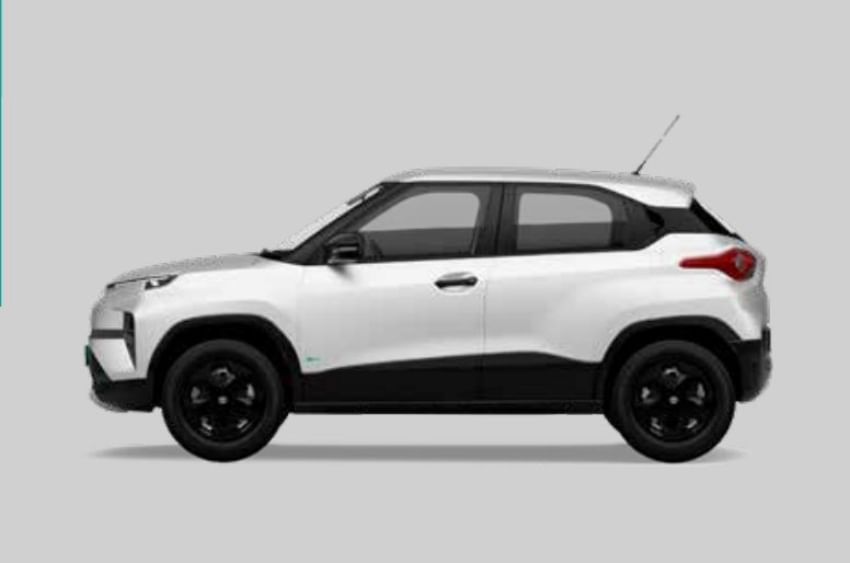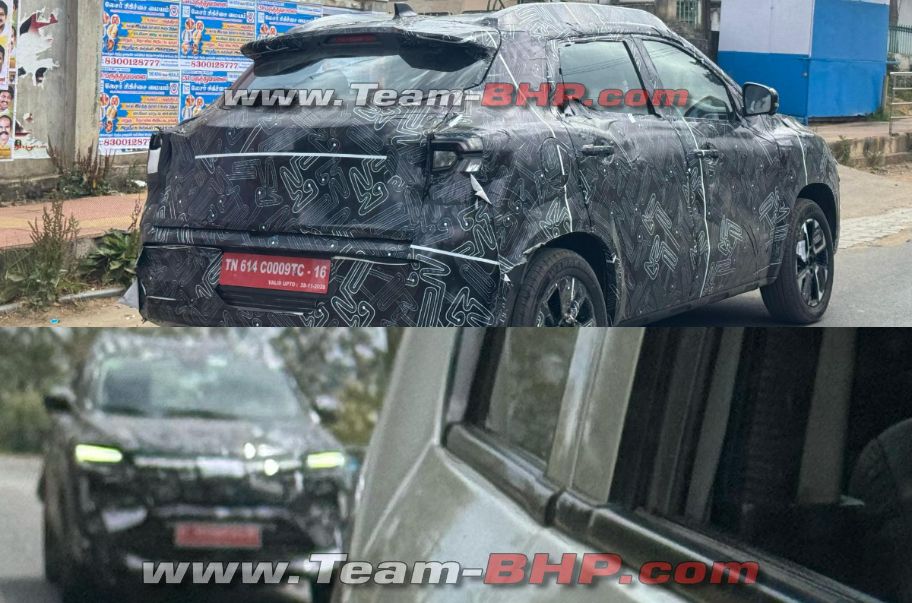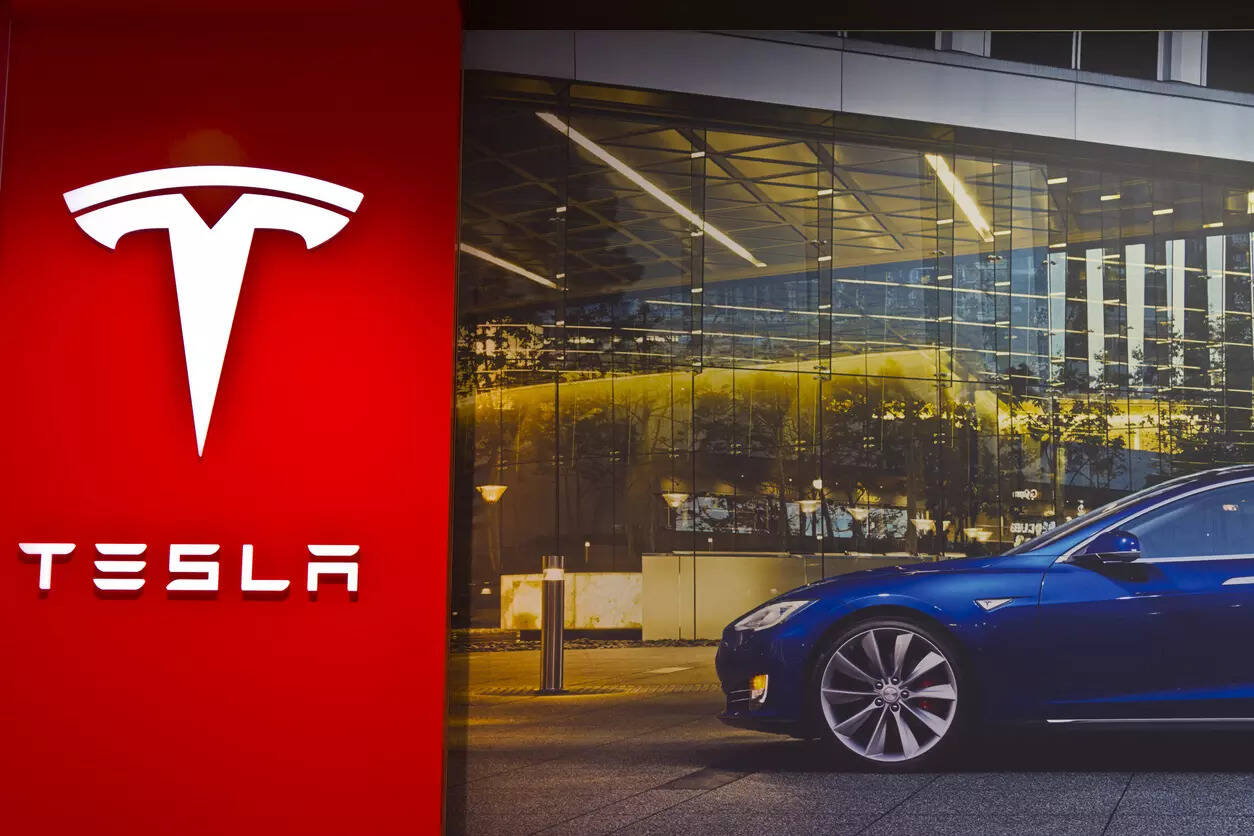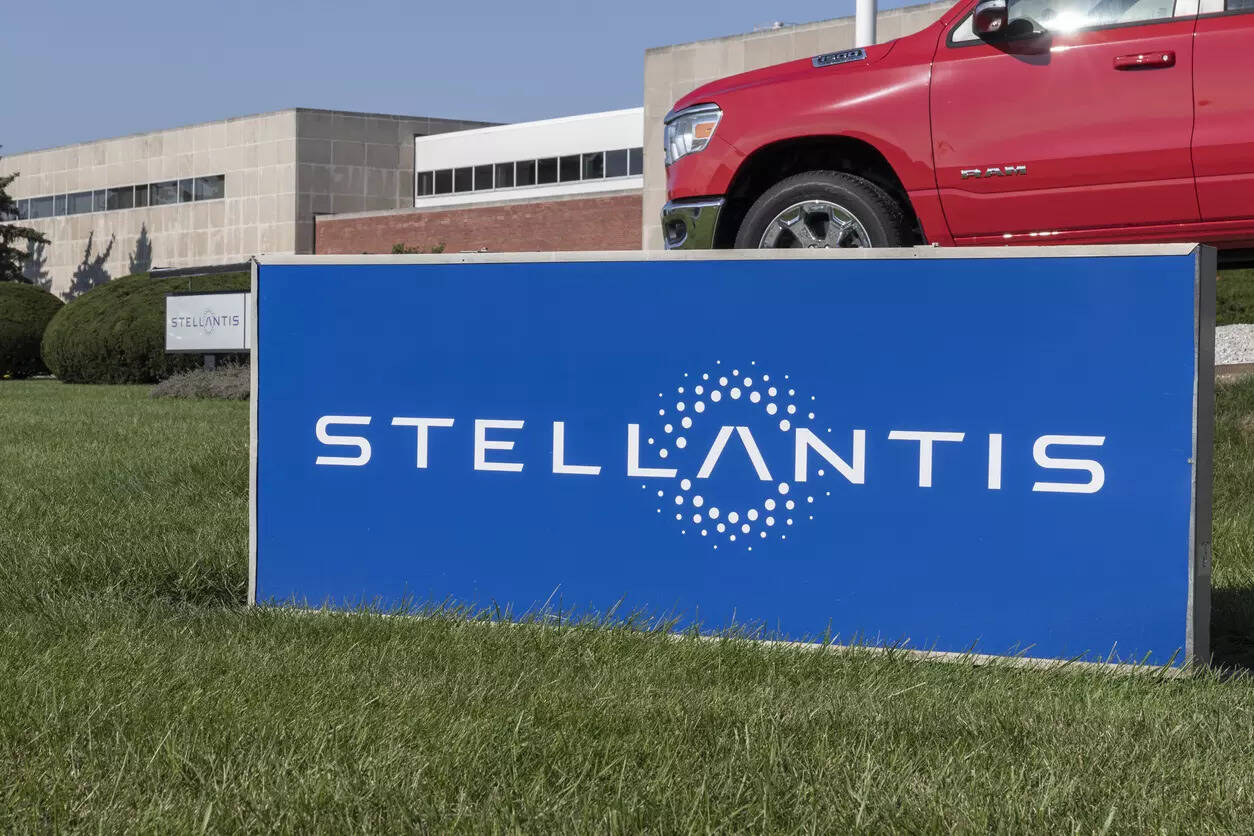 Stellantis to roll out new petrol and electric models in India, but skips revised EV incentive scheme.
Stellantis to roll out new petrol and electric models in India, but skips revised EV incentive scheme.Stellantis, one of the world’s top carmakers, will launch new petrol and electric models in India but has no plans to invest under the government’s revised EV incentive policy for local manufacturing, The Times of India reported.
The company, which has invested ₹11,000 crore in India and sells cars under the Citroen and Jeep brands, aims to introduce a series of new models over the coming years to grow its market share. Last year, Stellantis sold just 7,500 units in the domestic market as it scaled up operations after discontinuing the Fiat brand.
Shailesh Hazela, MD & CEO of Stellantis in India, told TOI that the group is optimistic about the proposed India-EU free trade agreement (FTA), which he said would enable faster introduction of global models and technologies into India.
“A trade agreement is always good for both the parties as they can leverage each other’s strength… An FTA-EUI will work for both as we can export more India-made cars and also bring in some of the products from global, test the market, and then focus on localizing them if they work. Also, it can become an export opportunity for Indian components as they can be shipped to countries where we will be manufacturing,” Hazela said.
According to the report, Stellantis could consider introducing the electric version of the C5 premium SUV in India through the FTA route, if the agreement goes through.
Currently, Stellantis sells models such as the Citroen C3, electric C3, Basalt coupe, and C5 Aircross, as well as Jeep’s Compass, Meridian, and Grand Cherokee. Citroen cars are manufactured in Tamil Nadu at a facility acquired from the CK Birla group, while Jeep models are produced in Maharashtra through a joint venture with Tata Motors.
Hazela said the company plans to focus on “affordable premium” models priced between ₹10-25 lakh, with an emphasis on SUVs. “A lot many are on the drawing board as of now… But the focus will continue to be on SUVs, where the customers are,” he told TOI.
Acknowledging the brand’s low sales volumes, Hazela said it was early days for Stellantis in India, a market he described as “very complex” where “it takes time to build brand and trust.”
The group also uses its India plants to export Citroen vehicles to Indonesia, ASEAN countries, Malaysia, Egypt, and South Africa, the report said.
On the revised EV policy, Hazela told TOI the company is “not keen to go for it.”

